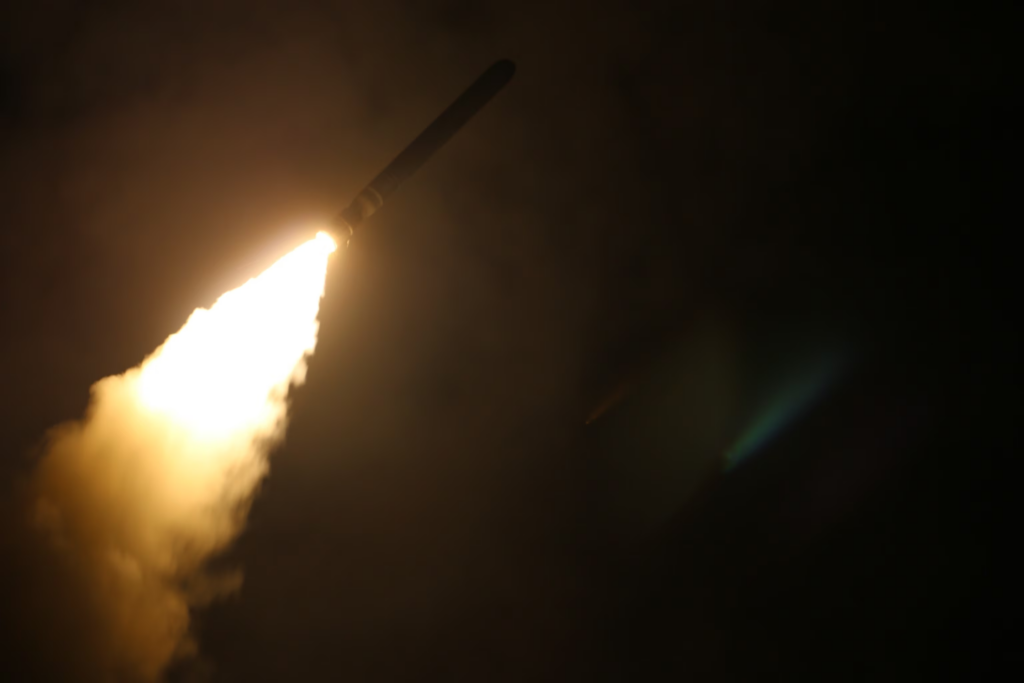A bill that would prohibit TikTok in the US unless it is sold was signed by Joe Biden on Wednesday.
Over 170 million Americans use TikTok, and for many of them, it is their primary source of income. But with the new law, the short-video platform’s US ban is only a matter of time.
The TikTok prohibition bill has finally received congressional approval and will no longer be signed by President Joe Biden, after years of attempts—including one by former President Donald Trump—to outlaw the Chinese-owned app.
As a result of the new regulation, Beijing-based parent company ByteDance must sell the company to a US corporation in nine months. The deadline may be extended by three months if a sale is already in progress or is covered by a national prohibition.
When does the ban come into effect?
The original proposal called for ByteDance to divest its US subsidiary within six months, but after negotiations, that deadline was extended to nine months. Should a sale be underway, the company will have an additional three months to complete the transaction.
What if one has already downloaded TikTok?
Although TikTok won’t likely disappear from users’ phones right once, it will be taken down from Google and Apple’s app stores. As a result, users won’t be able to download bug patches, security upgrades, or updates, which would eventually render the app useless.
Numerous tech enthusiasts, who are renowned for eluding social media limitations, might try to get around the prohibition by utilizing VPNs, alternate app stores, or SIM cards from other countries.
This is extremely improbable, though, and a lot of people might switch to other sites where comparable content is accessible, such YouTube or Instagram Reels.
“The TikTok bill relies heavily on Apple and Google’s control over their smartphone platforms because the bill’s primary mechanism is to direct Apple and Google to stop allowing the TikTok app on their respective app stores,” notes Dean Ball of the Mercatus Center at George Mason University.
“In the world many advocates of antitrust and aggressive regulation against the large tech firms envision, such a mechanism might be much less effective.”
What will the American creator do?
The chief of digital corporate advisory and partnerships at CAA, Andrew Graham, points out that while artists will not immediately lose access to TikTok, the likelihood of a U.S. ban “will immediately force dramatic talent platform diversification.”
According to Graham, creators are turning more and more to websites like YouTube Shorts and Instagram Reels in an attempt to “solve the impact of short-form content monetizing at rates much lower than long-form.” It is possible that TikTok’s most lasting impact is to erode long-form monetization on websites like YouTube.
Read More: Sophie Ellis-Bextor to perform at BAFTA Film Awards
The US administration is worried about laws pertaining to national security in China compelling firms such as ByteDance to assist in gathering intelligence.
The risk of “date-thefting” remains, despite Bytedance’s denials that it is a tool of the Chinese government and that it does not share user data with the US government.
Data privacy experts point out that commercial data brokers are just one way the Chinese government might be able to get information about Americans.











